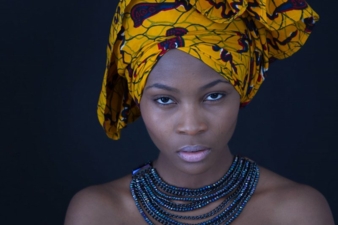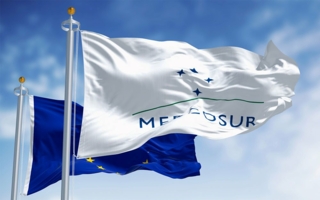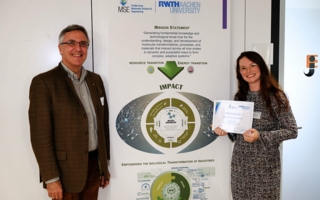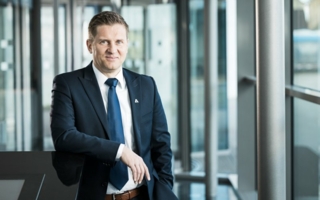01/09/2022 – Africa — auf Deutsch lesen
Project will revolutionise West Africa’s textile industry
A large-scale project in Ghana aims to produce and recycle fabrics and finished garments locally, offering environmental as well as economic benefits.
West Africa grows about 6% of the world’s cotton but only a tiny fraction of that crop is processed on the continent, the vast majority being shipped thousands of miles to Asia before being shipped back again as finished or part-finished fabrics. The project will end the continent’s reliance on such an unsustainable practice with all the obvious financial and environmental benefits.
The IFFAC (Impact Fund for African Creatives) is converting a partially disused textile mill in the region into a hi-tech centre for processing local cotton and recycling waste fabric, to produce both fabric for further processing and new clothes. The mill will be equipped with the most modern equipment, all sustainably powered by hydroelectricity from the nearby Volta Dam.
Creating over 1,000 jobs
As well as producing fabric from sustainably grown virgin cotton, a joint venture with Shandong-based Wol Textiles Ltd., a privately owned plant that has long supplied the African market, the mill will be home to a state-of-the-art shredding and recycling facility, a joint venture between IFFAC and the Dutch Circularity B.V.
The mill project is expected to create well over a thousand jobs. The surrounding area already boasts a significant number of experienced textile workers ready to be retrained on the new equipment. While the majority of the products created will be sold within the region, all processes will conform to new EU Supply Chain Law to allow for the possibility of export.
Output is forecast at six million pieces of finished clothing and twenty-five million metres of spun and woven cloth per year. In total, thirty million US$ of investment will be made in the site with operations ready to begin next year.
Seizing the opportunity
IFFAC was founded by Roberta Annan, head of Annan Capital Partners, Goodwill Ambassador for the United Nations Environment Programme and driving force behind the scheme. She says: “The fashion industry is as environmentally destructive as shipping and aviation combined and this is a situation which cannot be allowed to continue. For too long, my fellow Ghanaians have watched the mountains of unwanted clothing from Europe and the Americas growing immeasurably higher. This project represents a way to take all that waste and turn it into something usable while creating good jobs in sustainable communities. My dream would be for such an installation to be built in every country on the continent. We have the skills and we have the will. Now we have the opportunity.”




